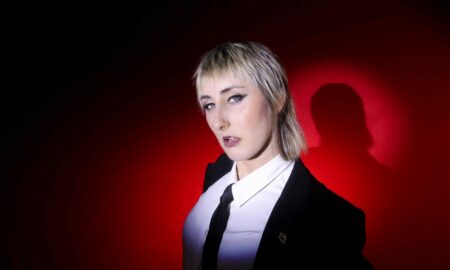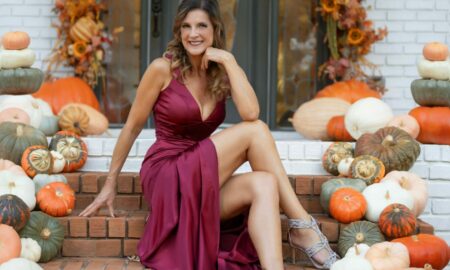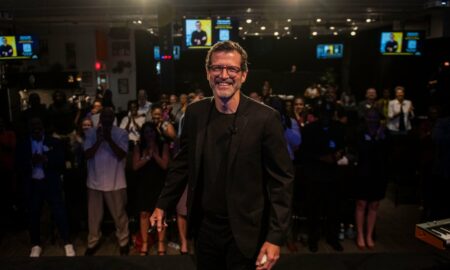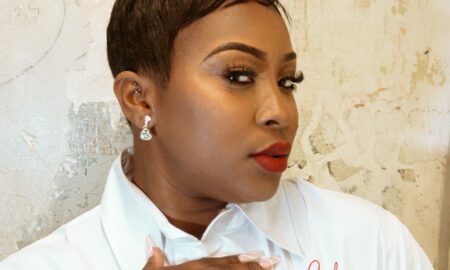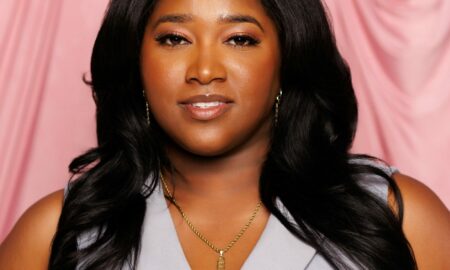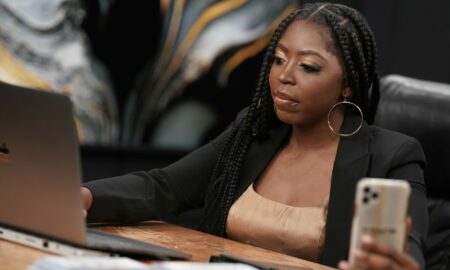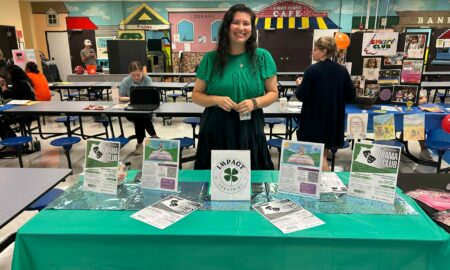

Today we’d like to introduce you to Erik Francisco Medina.
Erik Francisco, please share your story with us. How did you get to where you are today?
I was born and raised in Canóvanas, Puerto Rico. A town in the northeastern region of the Island. Growing up as an Islander, my family understood the importance of cultural identity when raising children. My parents always invited me to read newspapers and books. My grandparents taught me cultural values and the history of Puerto Rico. A lot of people overlook the fact that Puerto Rico is still a colony of the United States, and many of our history books are missing critical information about our history. Yet, my family tried to raise me with the necessary tools to defend my culture.
In my undergrad, I majored in communications and worked as a journalist for a couple of years. I had amazing professors that instilled in me the necessity of telling stories that would shed light on untalked about social issues. During my senior year in college, I started to watch more films and found out that there were not a lot of people like me on the screen. After a little superficial research, I discovered that the lack of diversity also existed behind the camera. That sparked a desire in my heart to pursue a career in film in the United States to end the lack of representation in film and television.
Two years ago, I was accepted in the graduate program of Savannah College of Art and Design in Atlanta, Georgia, and ever since, I’ve been telling unconventional stories with unconventional people.
Great, so let’s dig a little deeper into the story – has it been an easy path overall and if not, what were the challenges you’ve had to overcome?
The road has not been smooth, but I was prepared to face those challenges. Spanish is my first language, and to this day, that’s the language that I speak the most and a filmmaker; that’s how I think. I struggle when I have to talk about my ideas and directions because of how I phrase things in my head. I have many stories, from my classmates being exasperated because I take to long to formulate a sentence to unconsciously writing pages in Spanish because I was too tired to realize what I was doing.
In my writing, I will always tell diverse stories. Most of those scripts contain strong Carribean cultural aspects than aren’t translated well to the American culture. I often find myself explaining the reason behind a character’s actions or dialogue because, sadly, Americans aren’t exposed to different cultures. I’ve received comments from “I didn’t know that Mexicans did that” to “I thought all Puerto Ricans were brown, why is that character black.” I thank God that I was blessed with patience because I have to do a lot of explaining.
Another example is that most of my scripts are diverse. I love representing different races, ethnicities, and nationalities. It’s natural for me. I grew in an authentic Puerto Rican household. What does that mean? Everyone is different. The Puerto Rican people come from a mix of Indigenous people, African slaves, and European colonizers. So it is natural for family members to look completely different from each other. So when I write stories and present it to producers or other filmmakers, I’m always confronted with this question: “Are you are going to be able to cast all those ethnicities/nationalities/races?” Yet, that never stops me from telling those stories.
Alright – so let’s talk business. Tell us about Anacaona Pictures – what should we know?
With my writing partner, Mahalia Latortue, we founded Anacaona Pictures. A production company that thrives on highlighting underrepresented communities and cultures. This company was born from the necessity of people of color existing behind and in front of the camera. As a Puerto Rican and a Haitian-American, we understood that we needed to create more screenplays that resonated with people like us. The name Anacaona pays tribute to the Taíno Queen of the Caribbean.
We have created and produced over ten short films, curated over five pilots, and provided aid in the preproduction stage for various projects.
Is there a characteristic or quality that you feel is essential to success?
A key characteristic of my success is authenticity. I’m true to who I am. I believe that as soon as I reduced myself to someone’s idea of who should I be, I will lose everything that I built. My faith and my cultural identity are fundamental to me, and without them, I don’t think that I would be able to tell the stories that I want. Also, I don’t want to fit in anybody’s box. People waste so much time trying to make others like them. I’ve learned the hard way that you shouldn’t waste your time on that. If God made you a certain way, why should you try to please others by changing who you are? Always be true to yourself.
Contact Info:
- Website: anacaonapictures.com
- Email: erikfranciscomedina@gmail.com | anacaonapictures@gmail.com
- Instagram: @erikfranciscomedina | @anacaonapictures
- Facebook: https://www.facebook.com/erikfranciscomed
- Twitter: @mrerikfrancisco







 Image Credit:
Image Credit:
Ryan Pak
Suggest a story: VoyageATL is built on recommendations from the community; it’s how we uncover hidden gems, so if you or someone you know deserves recognition please let us know here.













